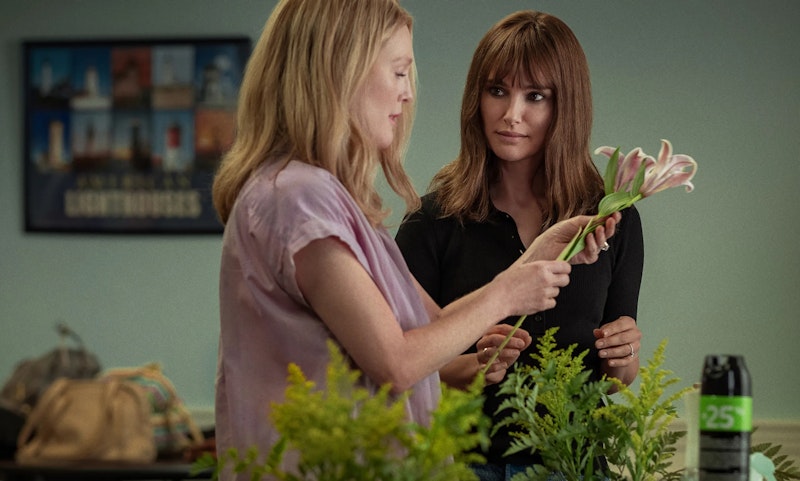The Mary Kay Letourneau case was highly publicized and well-known by all of the kids I grew up with. She was arrested when I was in kindergarten, and married Vili Fualaau live on Entertainment Tonight in 2005. It was just something in the air, part of the atmosphere, the primary example of the female teacher seducing the underage male student. Because it was always framed that way: seduction, rather than coercion; love, rather than rape. The fact that Fualaau remained married to Letourneau until 2019, shortly before her death, was evidence enough for me that they were meant to be, despite whatever happened oh so long ago. “The heart wants what it wants,” as Woody Allen said. Who’s to say that Allen and Soon-Yi Previn aren’t in love? What about Letourneau and Fualaau? What always hung me up on the notion of any horny teenage boy possibly being the victim of a woman was reflexively putting myself in that position, knowing I could use force to remove myself from a situation that I wasn’t fully committed to.
It’s twisted and delusional, but I never had to think about it. I was lucky: good parents, stable home life, secure sense of self. While resenting other kids for being so dumb and failing to “catch up” with me, I likely continued to look down on those who fell for the traps of obvious monsters and even more cunning manipulators. These are ways of seeing the world and other people that are remarkably hard to change. May December made me see how someone like Julianne Moore, brittle and blonde and practically translucent, could be “in charge” of a man like Charles Melton. They’re both brilliant in Todd Haynes’ new film, written by Samy Burch and loosely based on the Letourneau case. Moore and Melton are the couple, long married and in their 60s and 30s, respectively, and Natalie Portman is an actress coming in to town to visit and study Moore in order to best play her in an upcoming film.
If you’ve read anything about May December, it’s likely involved “camp,” melodrama, and the various formal techniques that jut out and discomfit the audience: telenovela zooms, crashing minor chords quoted from Michel Legrand’s score for The Go-Between, a fixation on faces, masks, portrayal, and perspective. Because everything else in this dense film—child abuse, grooming, “true crime” as genre and its popularity, actresses and the relationships with their subjects—is much harder to talk about.
It’s remarkable when a film can change the way you’ve thought about something for years and years and years. Not many for me. The only tragedy regarding this movie is that it was distributed by Netflix, who only allowed it to play in New York, Los Angeles, and a few select cities. This is the movie everyone would’ve been talking about this fall: two iconic American actresses in a provocative new drama by a star director, expertly done. Now it just lives on Netflix, and there’s no lobby to go to talk. Why hasn’t AMC or Landmark or Regal or Cinemark sued Netflix? They should, even if it’s not illegal, whatever they’re doing, “whatever they’re doing,” DESTROYING MOVIEGOING IN AMERICA…
—Follow Nicky Otis Smith on Twitter: @nickyotissmith

